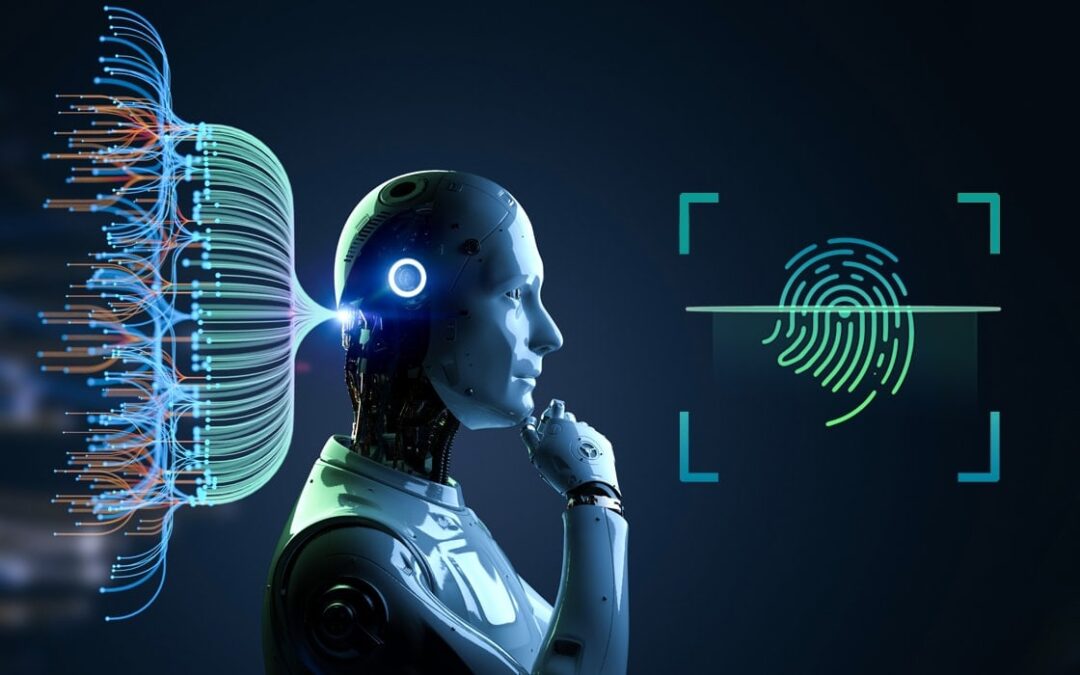Artificial Intelligence AI, often abbreviated as AI, has emerged as a transformative technology reshaping industries and societies worldwide. At its core, AI refers to the simulation of human intelligence processes by machines, encompassing learning, reasoning, and self-correction. Its importance cannot be overstated, as it drives innovation, enhances efficiency, and unlocks new possibilities across various domains.
Understanding Artificial Intelligence AI
Definition of Artificial Intelligence AI
Artificial Intelligence AI encompasses a range of techniques aimed at enabling machines to mimic cognitive functions associated with human intelligence.
Importance of Artificial Intelligence AI
In today’s fast-paced digital era, Artificial Intelligence AI stands as a catalyst for progress, driving advancements in automation, data analysis, and decision-making processes.
Brief History of Artificial Intelligence AI
The concept of Artificial Intelligence AI dates back to ancient times, but significant strides were made in the mid-20th century with the development of neural networks and machine learning algorithms.
Benefits of Artificial Intelligence AI
Advantages in Business
Artificial Intelligence AI empowers businesses with valuable insights through predictive analytics, enhances customer experiences, and streamlines operations, leading to increased productivity and profitability.
Impact on Healthcare
In the healthcare sector, Artificial Intelligence AI revolutionizes patient care by facilitating early diagnosis, personalized treatment plans, and predictive medicine, ultimately saving lives and improving outcomes.
Improvements in Education
Artificial Intelligence AI transforms education by personalizing learning experiences, automating administrative tasks, and facilitating adaptive learning platforms, catering to diverse student needs and fostering lifelong learning.
Challenges of Artificial Intelligence AI
Ethical Considerations
The rapid advancement of Artificial Intelligence AI raises ethical concerns regarding privacy, bias, and accountability, necessitating robust regulations and ethical frameworks to ensure responsible AI development and deployment.
Potential Job Displacement
While Artificial Intelligence AI creates new opportunities, it also poses challenges such as job displacement, as automation replaces certain tasks, requiring reskilling and upskilling initiatives to mitigate the impact on the workforce.
Security and Privacy Concerns
Artificial Intelligence AI introduces vulnerabilities, including cyber threats and data breaches, highlighting the need for robust cybersecurity measures and data privacy regulations to safeguard sensitive information and mitigate risks.
Implementing Artificial Intelligence AI
Steps to Adopt Artificial Intelligence AI in Businesses
Successful adoption of Artificial Intelligence AI in businesses involves strategic planning, data readiness, talent acquisition, and collaboration across departments to harness the full potential of AI technologies.
Overcoming Implementation Challenges
Organizations must address challenges such as data quality issues, integration complexities, and cultural barriers to ensure seamless implementation and adoption of Artificial Intelligence AI solutions.
Training and Skill Development for AI
Investing in training programs and skill development initiatives is crucial to equip individuals with the knowledge and expertise required to leverage Artificial Intelligence AI effectively, fostering a culture of continuous learning and innovation.
Future Prospects of Artificial Intelligence AI
Emerging Technologies
The future of Artificial Intelligence AI holds promises with emerging technologies such as quantum computing, natural language processing, and robotic automation, unlocking new frontiers and possibilities.
Integration with Other Fields
Artificial Intelligence AI is poised to integrate with other fields such as healthcare, finance, and transportation, driving interdisciplinary collaboration and innovation to address complex challenges and enhance human experiences.
Ethical and Regulatory Frameworks
As Artificial Intelligence AI continues to evolve, establishing ethical guidelines and regulatory frameworks is paramount to ensure transparency, fairness, and accountability in AI development and deployment, fostering trust and confidence among stakeholders.
Conclusion
In conclusion, Artificial Intelligence AI represents a paradigm shift in how we perceive and interact with technology, offering boundless opportunities for innovation, growth, and societal impact. As we navigate the complexities and challenges of AI adoption, let us remain vigilant in our pursuit of ethical, responsible AI practices, and embrace the transformative potential of Artificial Intelligence AI to shape a better future for generations to come.
FAQ (Frequently Asked Questions)
- How does Artificial Intelligence AI benefit businesses?
- What are the major challenges associated with Artificial Intelligence AI?
- How can companies implement Artificial Intelligence AI effectively?
- What are the future prospects of Artificial Intelligence AI?
- How does Artificial Intelligence AI impact job markets?
- What ethical considerations are important in the development of Artificial Intelligence AI?

